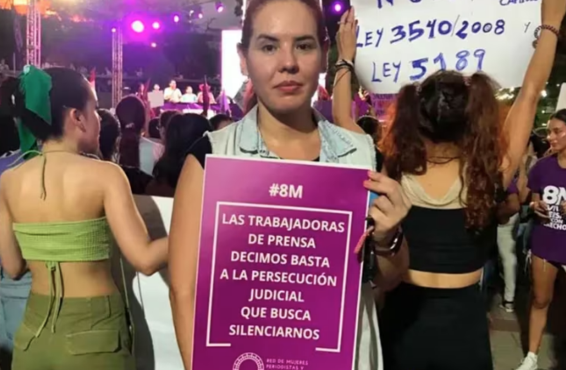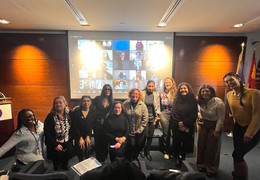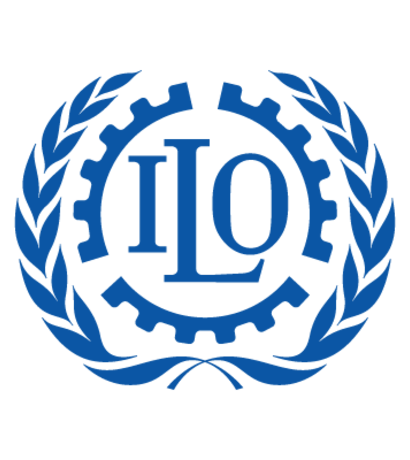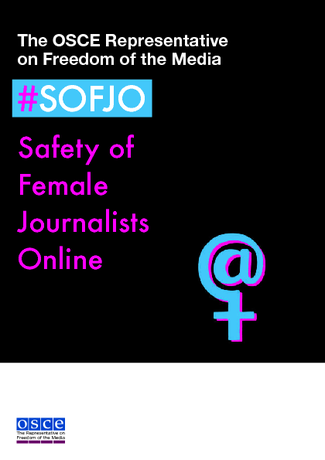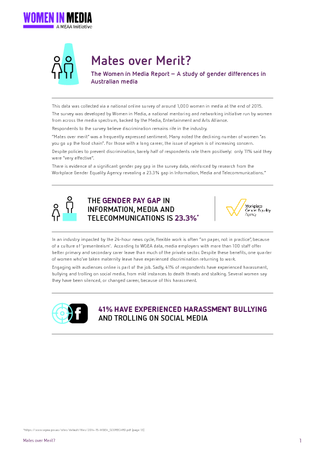NewsCampaignsResources
The IFJ puts the fight for gender equality at the heart of its work and campaigns
Our Santander Declaration – a programme to fight for equality in the workplace and beyond - highlights key issues for our affiliates.
- The violence and harassment faced by women journalists across the world. IFJ statistics demonstrate that at least 1 in every 2 journalists have suffered sexual harassment, psychological abuse, online trolling and other forms of human rights abuses.
- The gender pay gap, which is a reality in every continent, and which not only affects women throughout their working lives but in retirement too.
- The increasingly precarious working conditions faced by women journalists, especially those forced to work without contracts, with a lack of social protections, pensions, paid holidays and other social benefits.
- The discrimination, including political, legal, cultural, racial and social factors faced by women journalists in their careers and communities, which impoverish them.
Alongside unions and social movements across the world we are making the struggle against gender-based violence in the workplace a priority campaign.
We are committed to a fair gender portrayal in the news. Based on our commitment to ethical journalism, we fight against discrimination and help support positive quality journalism by publishing reporting guidelines and promoting best practices.
Alongside our affiliates we are campaigning for:
- Stronger laws on equal pay, pay transparency and for equal rights
- Equal pay for equal work. An end to the glass ceiling.
- No more precarity – for decent working conditions for all women.
- States to take urgent action to enforce laws on gender-based violence in all its forms and for employers to take their responsibility for the safety of women journalists.
The IFJ’s Gender Council (GC) and its Steering Committee co-ordinates this work, with activists drawn from every region of the globe.


